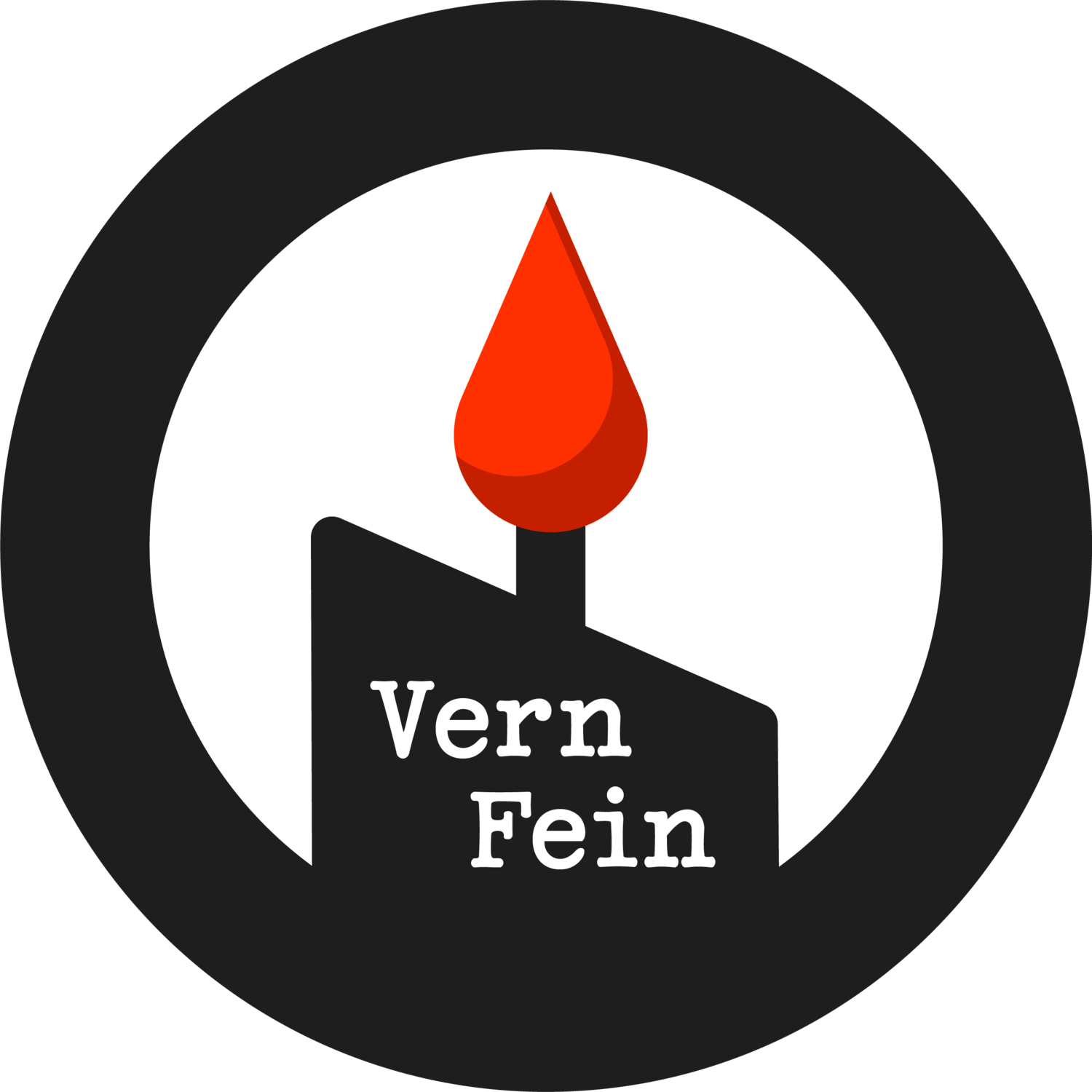On vacation at a Florida animal park,
our unfaithful father jumped
by a Spider monkey, instant love,
aptly named Jezebel, ripped
the pocket of his shirt, snatched
an expensive Cuban cigar,
smitten, he bought her, flew home
to his current wife and kids.
But a gift can be a burden,
cage cleaning, monkeys
rival pigs for stink,
watch her wild destruction,
shreds the kitchen curtains,
rips the blouse off my girlfriend,
who ran screaming from the house.
On accident, I slam
Jezebel’s fingers in a door,
blame comes home in a rage.
Then New Year’s Eve,
escape to a frozen roof,
a midnight fireman climbs
a precarious ladder, alone,
our mother melts, cries for mercy.
Dad spirits Jezebel to Florida,
where she is warm and safe,
and the hoarder of non-wives,
can stay a while.
Originally Published in Monterey Poetry Review
